In an interview on “The Daily Show,” Comedian Jon Stewart recently revealed to guest Federal Trade Commission (FTC) Chair Lina Khan that he had wanted to interview her at an earlier date for his now defunct podcast, but that Apple had intervened and asked him not to conduct the interview. Khan went on to discuss the FTC’s concerns regarding competition and monopolies in large technology firms.
Apple’s Request
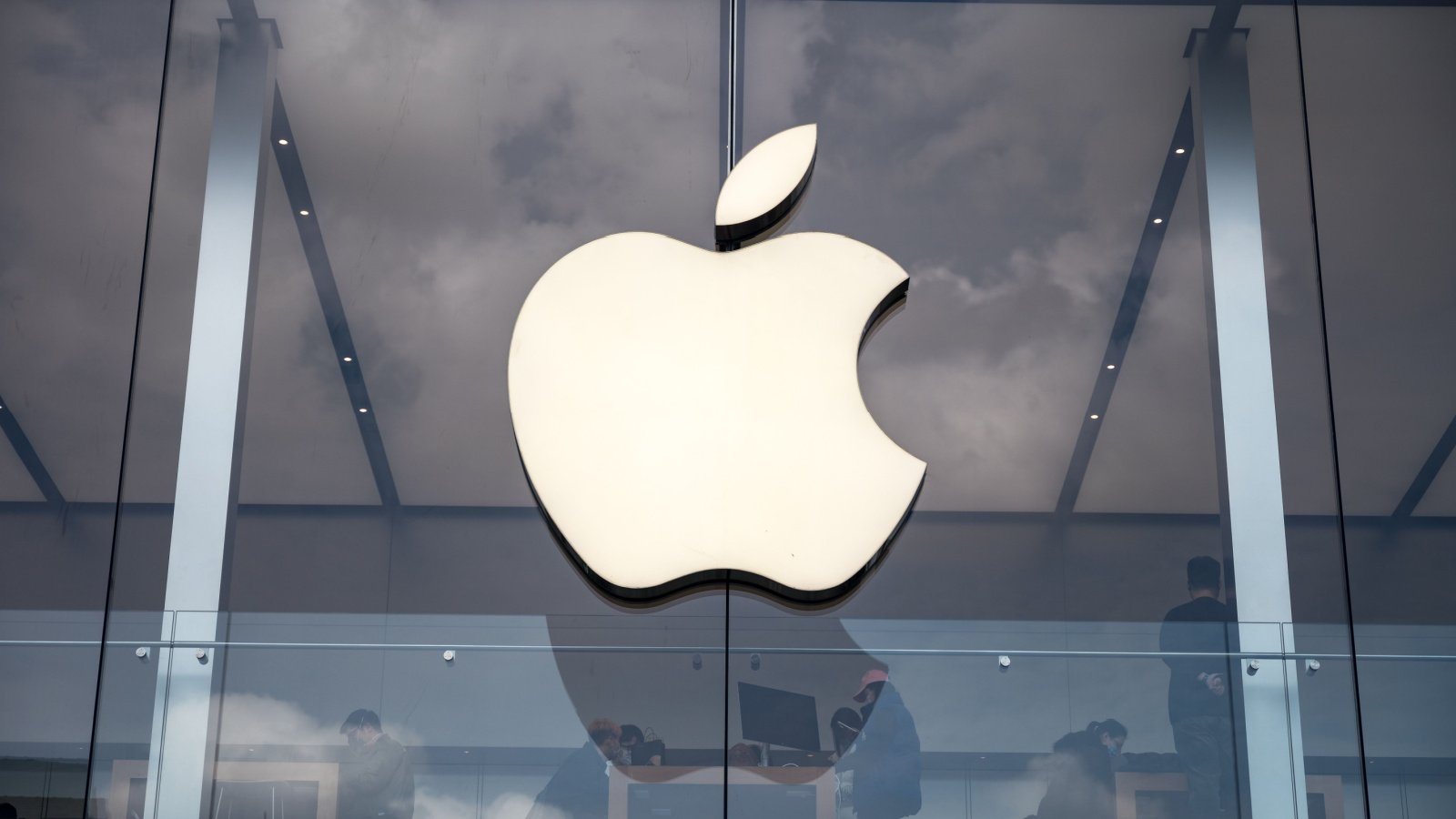
The incident Stewart referred to happened when he sought to interview Federal Trade Commission (FTC) Chair Lina Khan for his then-podcast. According to Stewart, Apple not only discouraged the interview but outright requested that it not take place. He recounted Apple’s message, stating they insisted that Stewart refrain from speaking with Khan.
Return to “The Daily Show”

After ending his podcast partnership with Apple, Stewart made a return to television. He has since taken up the roles of guest host and executive producer on “The Daily Show,” marking his comeback to the screen following his departure from Apple. His return has sparked significant attention and brought his experiences with Apple to the forefront.
The Cancellation of Stewart’s Apple Show
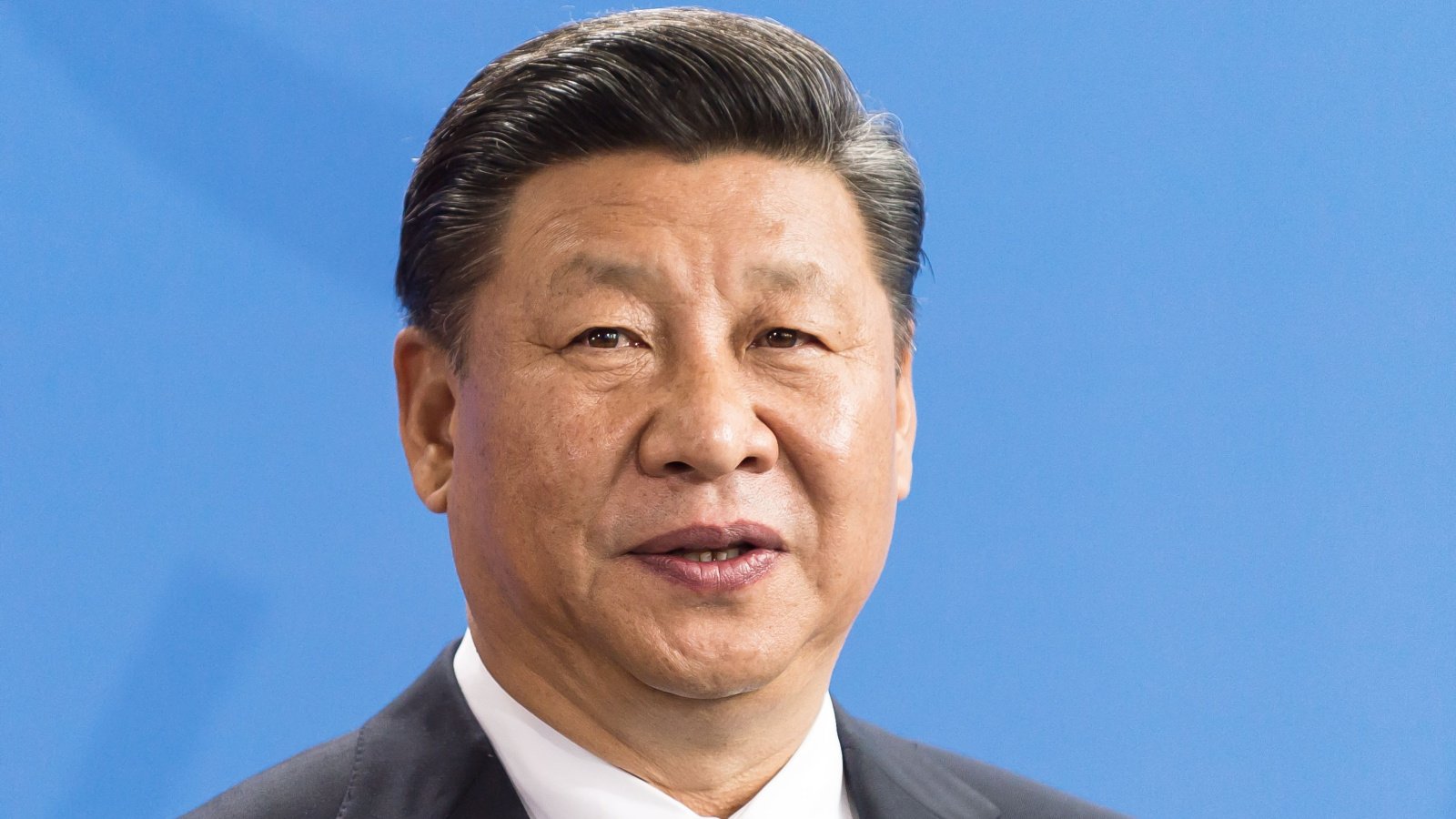
The tech company’s decision to cancel “The Problem with Jon Stewart” was a pivotal moment for the comedian. Apple and Stewart parted ways due to what has been described as creative differences, particularly concerning the show’s content direction.
Stewart had planned episodes on sensitive topics such as China and artificial intelligence (AI), which, according to reports, did not sit well with Apple’s executives.
Creative Differences
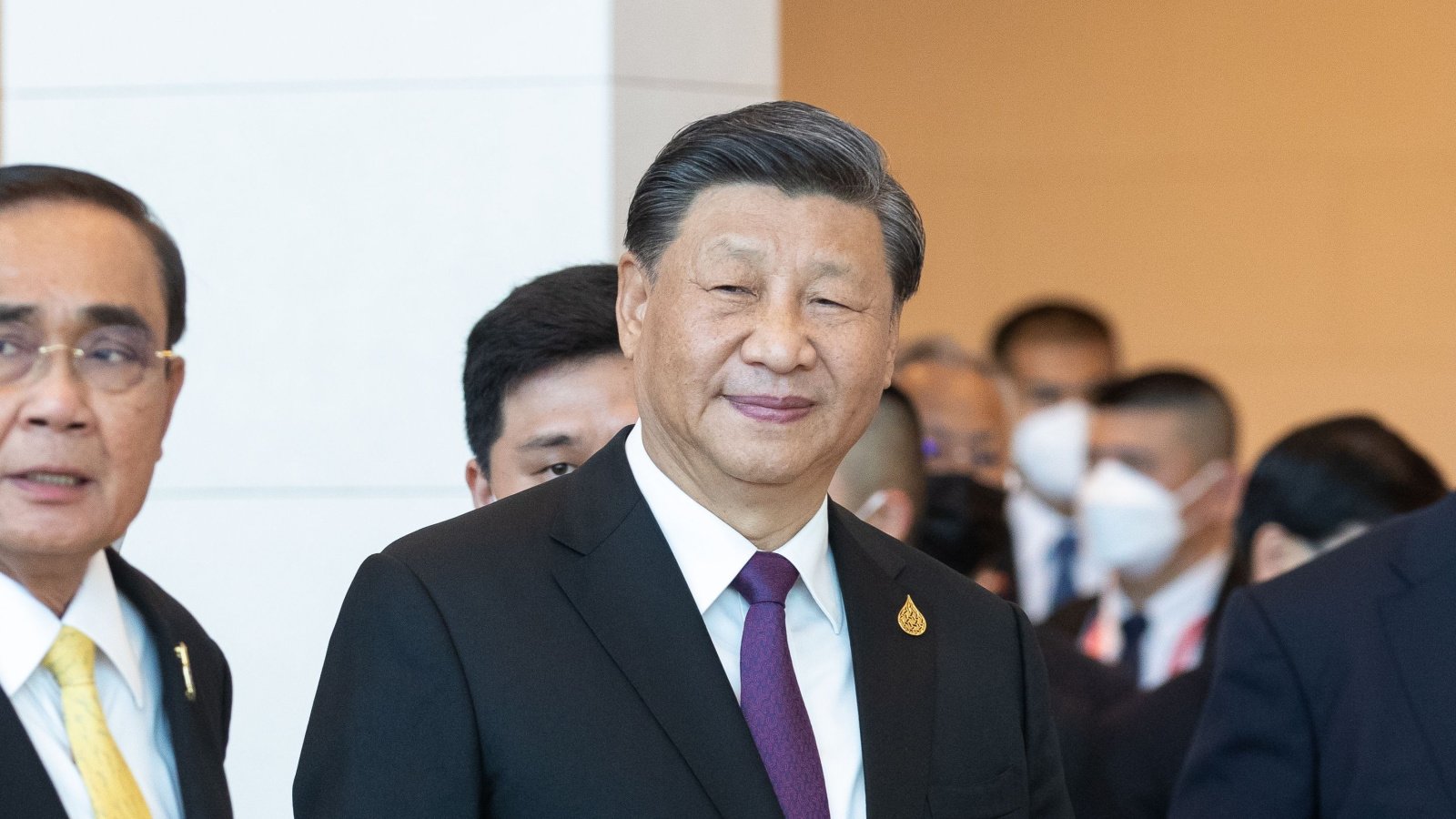
The New York Times highlighted the tension between Stewart’s creative vision and Apple’s executive concerns. The proposed content, especially discussions on AI and China, sparked a significant amount of unease within the tech giant’s leadership circles, leading to the eventual cancellation of Stewart’s show.
Apple’s Sensitivity to AI Discussions

Stewart pointed out Apple’s particular sensitivity to discussions on AI. He mentioned a specific instance from “The Daily Show” where a segment on AI was not allowed, questioning, “Like, what is that sensitivity? Why are they so afraid to have these conversations out in the public sphere?”
Lina Khan’s Response
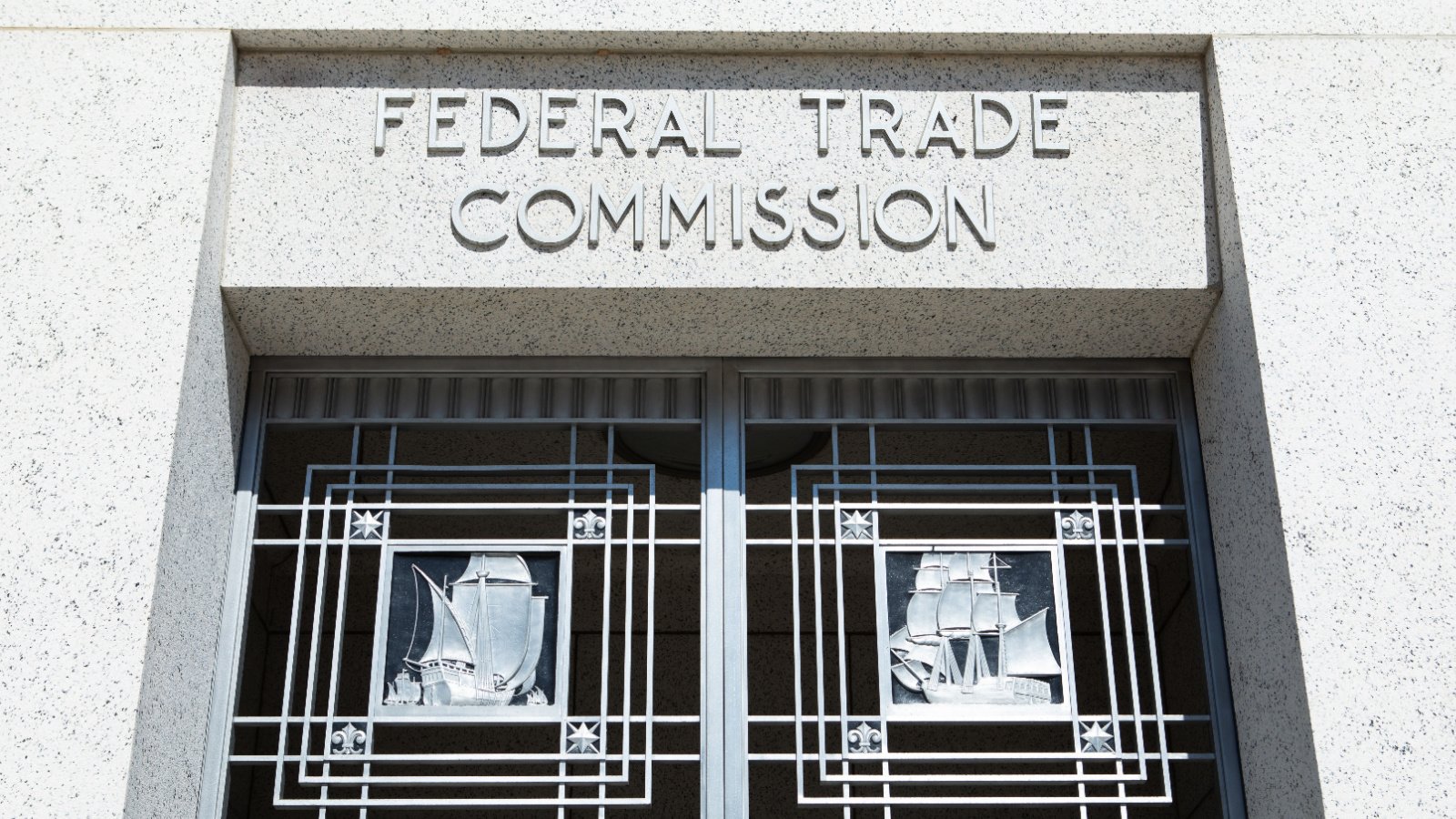
In response to Stewart’s observations, FTC Chair Lina Khan addressed the broader implications of such actions. She emphasized the dangers of consolidating substantial power and decision-making authority within a handful of corporations, highlighting the potential risks to democracy and public discourse.
The Antitrust Lawsuit Against Apple
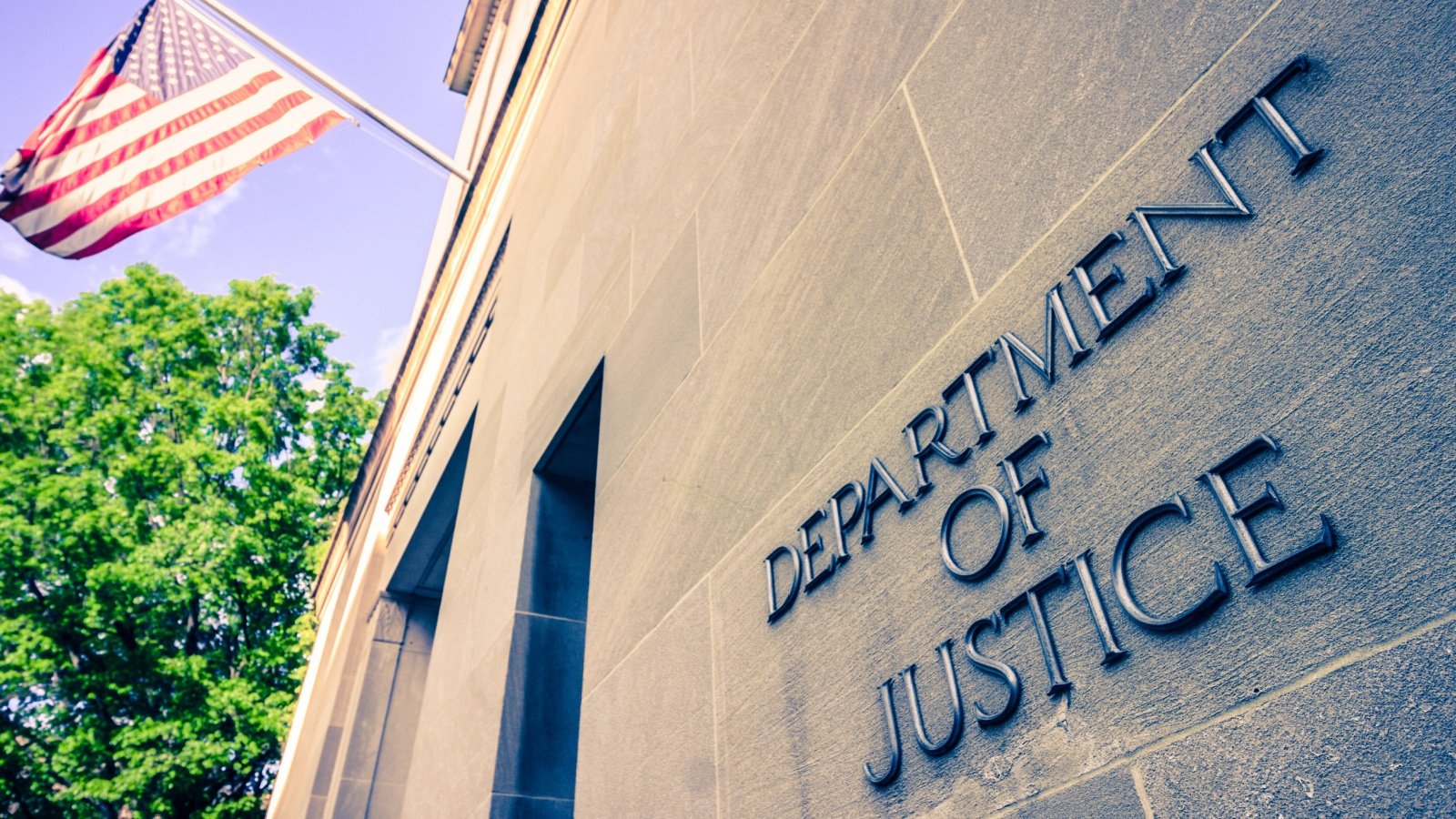
Amidst this backdrop, Apple faces a significant legal challenge. The Department of Justice, along with 16 states, has filed an antitrust lawsuit against the company. The lawsuit accuses Apple of maintaining an illegal monopoly over the smartphone market, presenting a major challenge to the tech giant’s operational practices.
Allegations of Market Monopolization

The lawsuit details how Apple’s control over the App Store has allegedly stifled competition and negatively affected various stakeholders, including consumers, app developers, and small businesses. It accuses Apple of employing tactics that limit competition and harm the broader market ecosystem.
Impact on Third-Party Products

One of the lawsuit’s focal points is Apple’s alleged limitation on the functionality of third-party smartwatches. Moreover, it criticizes Apple for degrading the quality of cross-platform messaging, suggesting a deliberate attempt to disadvantage competitors.
Concerns Over Content Control

A significant part of the lawsuit addresses Apple’s growing influence in the content creation sphere, particularly in TV and movies. The Department of Justice expresses concern over Apple’s potential to control content, indicating the broader implications for free speech and information flow.
Apple’s Expansion in Media

The lawsuit underscores the importance of scrutinizing Apple’s role in media and content production. By expanding its presence in TV and movie production, Apple is in a position to exercise considerable control over what content gets produced and distributed.
The Flow of Speech

Highlighting the lawsuit’s concerns, it is noted that Apple’s conduct has implications beyond monopolistic profits. The tech giant’s expanding role as a content producer and distributor raises concerns about its influence on the flow of speech and information.
Seeking Apple’s Response

In light of these developments, The Hill has reached out to Apple for a comment on the situation. As the tech world watches closely, the outcome of this legal battle and Apple’s response to these allegations could have far-reaching implications for the industry and for free speech.






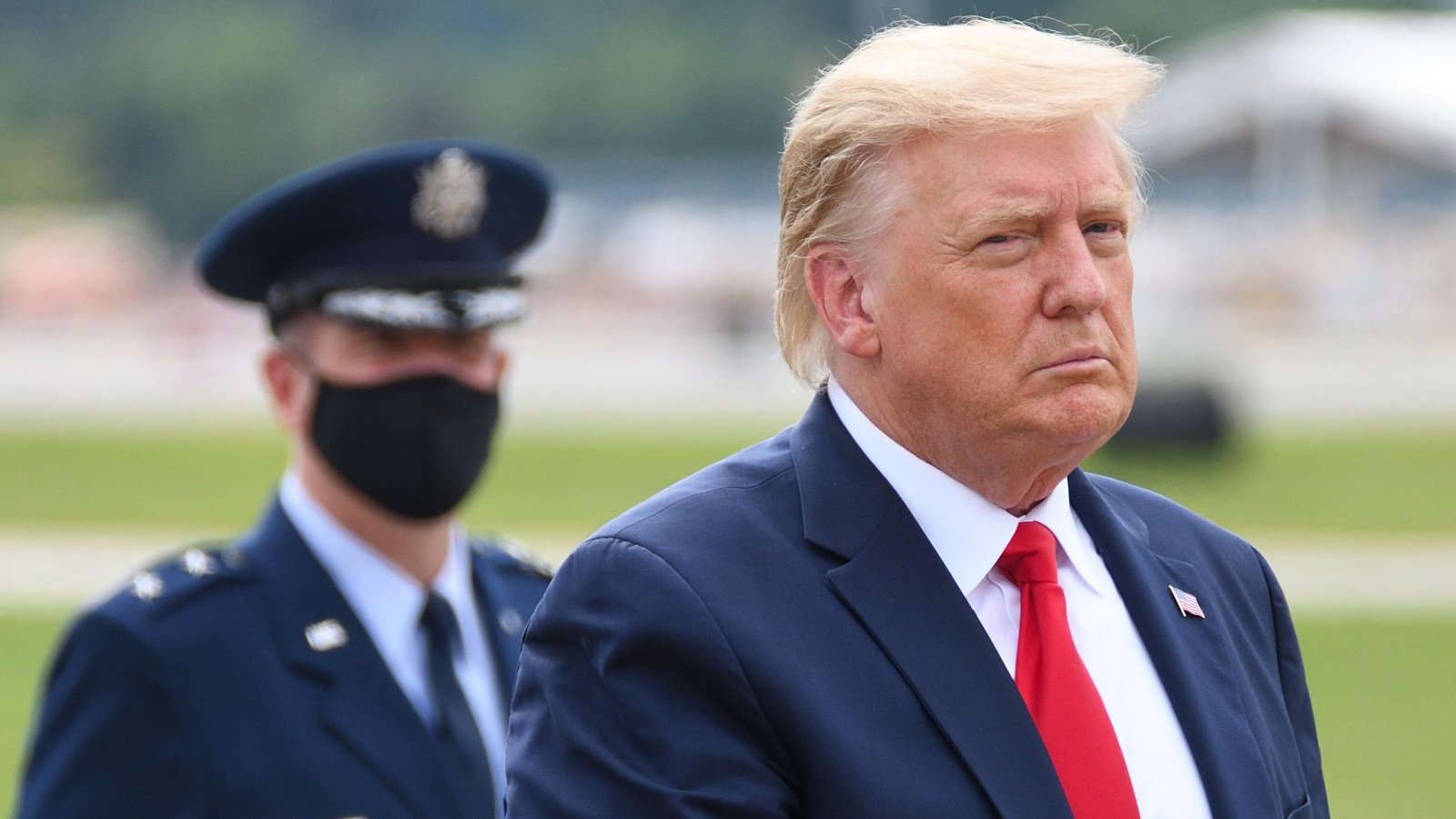


Dazu kommen noch regelmäßig neue Aktionen und Freispiele, damit es
nie langweilig wird. Ein Spieler meinte, dass er durch die vielen Freispiele und
Cashback-Angebote immer etwas zusätzlich herausholen konnte, selbst wenn das Glück mal nicht auf seiner Seite war.
Die Plattform bietet verschiedene Tools, um dir zu helfen, dein Spielverhalten zu kontrollieren.
Waltenberg hat Tausende von Online-Casinos, Spielautomaten und Casinospielen überprüft und
verfügt über fundierte Kenntnisse zu Boni und Spielautomaten.
Je 20 weitere Freispiele werden dann täglich gutgeschrieben, bis Du nach insgesamt 10 Tagen alle 200 Freespins erhalten hast.
Eine Fülle an klassischen Tischspielen, Videopoker-Automaten und Sofortspielen ergänzt die
Auswahl. Wenn Spieler ihr Guthaben während der Woche aufladen, wird das immerhin mit 50 Freispielen belohnt.
References:
https://online-spielhallen.de/umfassender-leitfaden-zum-posido-casino-cashback/
The best online casinos in Australia feature a dedicated section for Responsible Gambling.
Licensed AUS online casino sites offer tools to help you play responsibly.
To give you honest rankings, our expert team has a strict process for testing Aussie
online casinos. The site offers over 3,500 games, spanning pokies,
crash titles like Aviator, and live casino classics. Its mix of top providers and massive
bonuses makes it one of the most flexible casinos for both fiat and crypto players in Australia.
Right after I cleared my welcome bonus, I jumped into one of AllStar’s tournaments.
I am Mike Waters, the lead casino analyst for Australian Gamblers.
Establishing loss limits and taking regular breaks are crucial
strategies for preventing gambling-related harm.
References:
https://blackcoin.co/bsb007-casino-a-comprehensive-review/
gamble online with paypal
References:
https://gizemarket.com/
online casinos that accept paypal
References:
https://guateempleos.com/companies/best-paypal-casinos-uk-2025-casino-sites-that-accept-paypal/